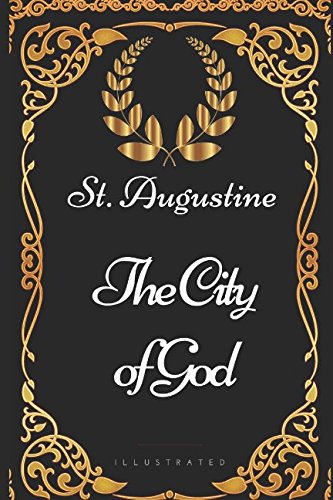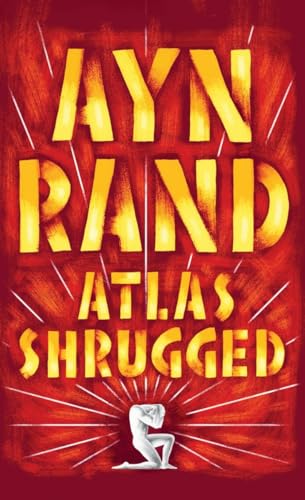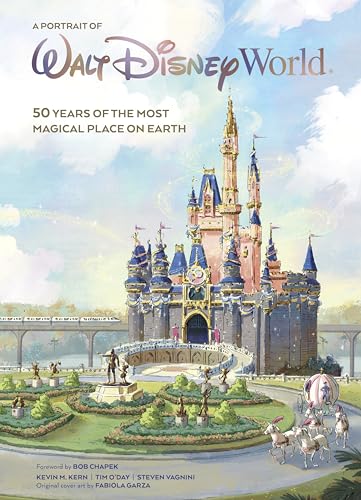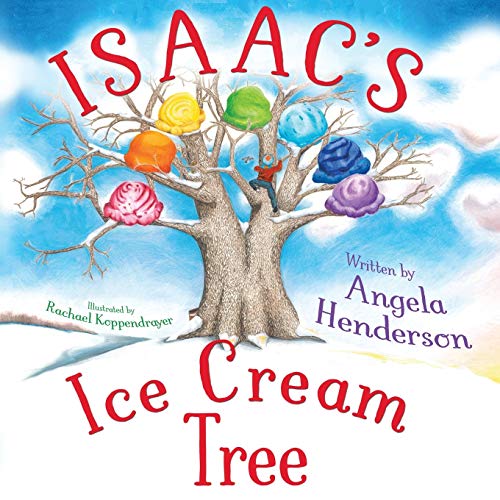
Author: St. Augustine
Price: $9.99
Category:Literature & Fiction
Publication Date:2017-07-29T00:00:01Z
Pages:357
Binding:Paperback
ISBN:10:1521966451
ISBN:13:9781521966457
How is this book unique? Font adjustments & biography included Unabridged (100% Original content) Illustrated About The City of God by St. Augustine The City of God is a book of Christian philosophy written in Latin by St. Augustine in the early 5th century AD. The book was in response to allegations that Christianity brought about the decline of Rome and is considered one of Augustine’s most important works, standing alongside The Confessions, The Enchiridion, On Christian Doctrine and On the Trinity. As a work of one of the most influential Church Fathers, The City of God is a cornerstone of Western thought, expounding on many profound questions of theology, such as the suffering of the righteous, the existence of evil, the conflict between free will and divine omniscience, and the doctrine of original sin. The book presents human history as a conflict between what Augustine calls the Earthly City (often colloquially referred to as the City of Man) and the City of God, a conflict that is destined to end in victory for the latter. The City of God is marked by people who forgot earthly pleasure to dedicate themselves to the eternal truths of God, now revealed fully in the Christian faith. The Earthly City, on the other hand, consists of people who have immersed themselves in the cares and pleasures of the present, passing world. Augustine’s thesis depicts the history of the world as universal warfare between God and the Devil. This metaphysical war is not limited by time but only by geography on Earth. In this war, God moves (by divine intervention/ Providence) those governments, political /ideological movements and military forces aligned (or aligned the most) with the Catholic Church (the City of God) in order to oppose by all means–including military–those governments, political/ideological movements and military forces aligned (or aligned the most) with the Devil (the City of Devil).






